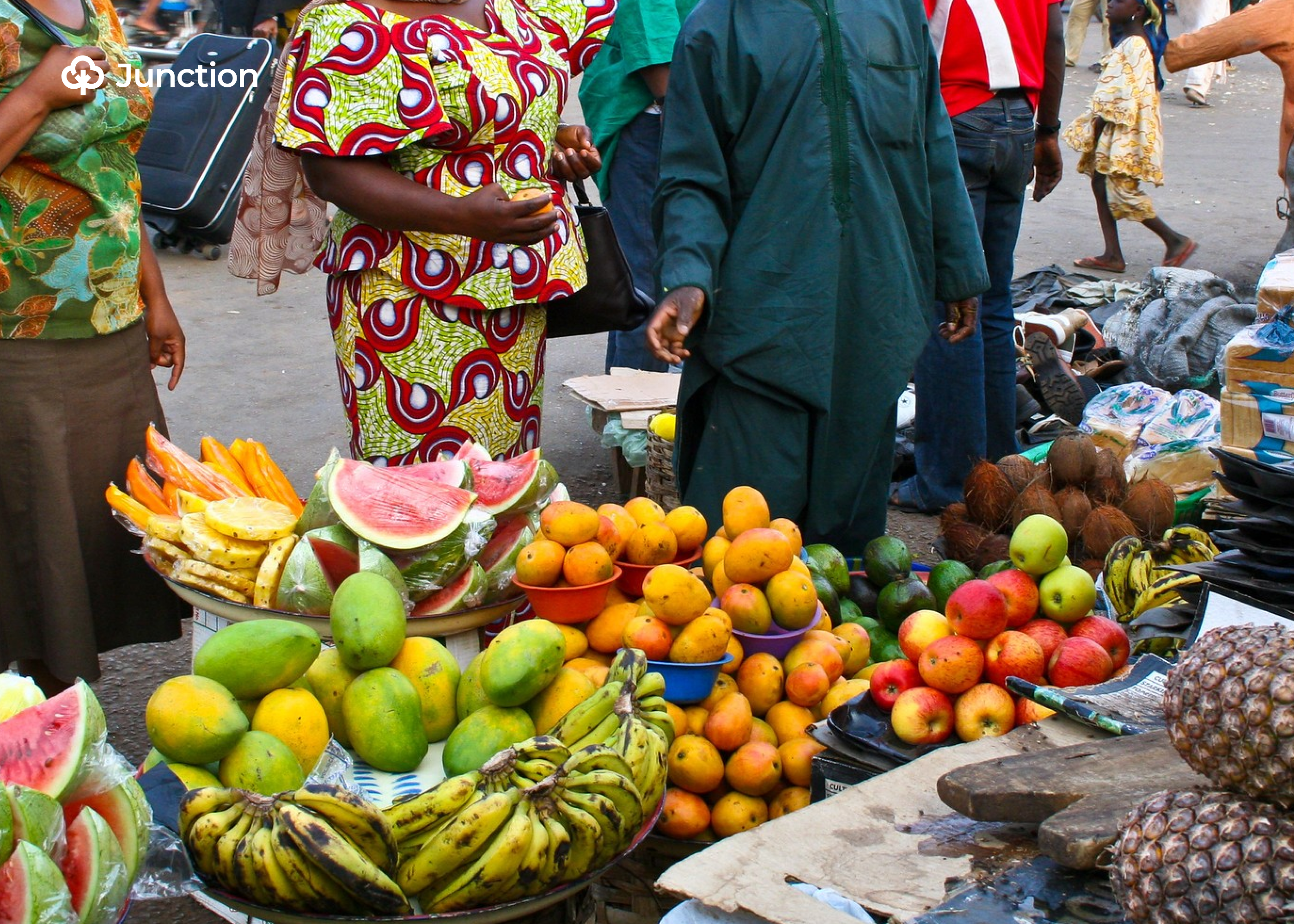News in Brief:
– Resurgent attacks by nomadic herders on farming communities across Nigeria are fueling fears of a looming food crisis, as violence disrupts agricultural activities and displaces farmers.
– The attacks, which have intensified in states like Benue, Taraba, Ebonyi, Delta, and Kaduna, are destroying farmlands, killing civilians, and threatening the production of key agricultural products.
A resurgence of violence perpetrated by nomadic herders is once again ravaging farming communities across Nigeria, raising grave concerns about the nation’s food security.
In recent weeks, attacks have intensified in several states, including Benue, Taraba, Ebonyi, Delta, and Kaduna, leaving a trail of death and destruction, and leading to the loss of lives and displacement of farmers.
These renewed attacks echo a grim pattern of violence that has plagued Nigeria’s agricultural heartland for years. Farming communities accuse the herders of invading their lands, destroying crops, setting houses ablaze, and killing villagers who attempt to defend their livelihoods.
Subsequently, the recent attacks’ scale and intensity have sparked fears of a looming food crisis.
“They came in the middle of the night, shooting sporadically and burning our homes and farms,” recounted a farmer from a village in Kaduna State, who wished to remain anonymous for fear of reprisal. “We lost everything. Our crops, which were almost ready for harvest, are now ashes. We don’t know how we will survive.”
Breakdown of the recent crisis
- Kaduna state, like many other northern states, has been at the centre of the herdsmen crisis, which has had a devastating effect on agricultural productivity and food security.
- Three villages in the Nkalaha community of Ebonyi State were recently invaded and destroyed by suspected herdsmen, with reports claiming 15 to 20 deaths in the surprise dawn attack.
- In Delta State, aggrieved residents of the Egbo-Kokori community of Ughelli took to the streets to lament the incessant attacks, raping, and destruction of farmlands by herdsmen in their community. They stated that they have had to abandon their farming endeavours for fear of losing their lives or go in groups to be protected. Also, the community and herders allegedly signed an undertaking for peace before they received a more recent petition that their cattle were being killed. Consequently, the residents have demanded the total exit of herdsmen from their community and the state at large.
- The violent activities of herdsmen are also taking a toll on the agricultural productivity of Benue State, known as the “Food Basket of the Nation.” A report indicates that armed herdsmen invaded three villages in that community, killing many and destroying farmlands and properties.
This recurring situation has forced many farmers to flee their homes, even as security agencies continue to grapple with the crisis.
Impact on agriculture and food security
Ultimately, the violence has not only resulted in immense human suffering and displacement but has also severely disrupted agricultural activities.
Notably, farmlands have been razed, livestock has been stolen or killed, and farmers are too afraid to venture out to cultivate their fields.
Effectively, this disruption is already leading to significant losses in crop production and livestock, threatening to exacerbate existing food shortages and drive up food prices.
Agricultural produce is seriously jeopardised by the destructive activities of the ravaging herdsmen. This includes rice from Ebonyi State, fish and oil palm in Delta State, millet and cotton from Kaduna State, and yam from Benue State.
“The impact on food security is devastating,” warned Tuvase James, a local agricultural official in Benue State. “If this continues, we are facing a serious food crisis. We will not be able to feed our people.”
Government response and calls for action
Meanwhile, the Nigerian government has been criticised for its perceived inaction and slow response to the escalating violence. In the case of Benue State, police authorities, at the time of reporting, claimed to be ignorant of the situation when contacted by the press.
In other cases, authorities have usually urged calm among the populace while promising to carry out investigations. Committees have also been set up to look into the situation, as in the case of Jigawa, Abia, and a few others.
Additionally, some states, like Borno, have established safe zones—agricultural spaces manned by security forces—to ensure continued productivity.
Oftentimes, these efforts have not led to a satisfactory resolution of the issues. Therefore, many have called for a ban on open grazing and herder activities across the nation, while others demand exclusive ranching as a panacea to the situation.



